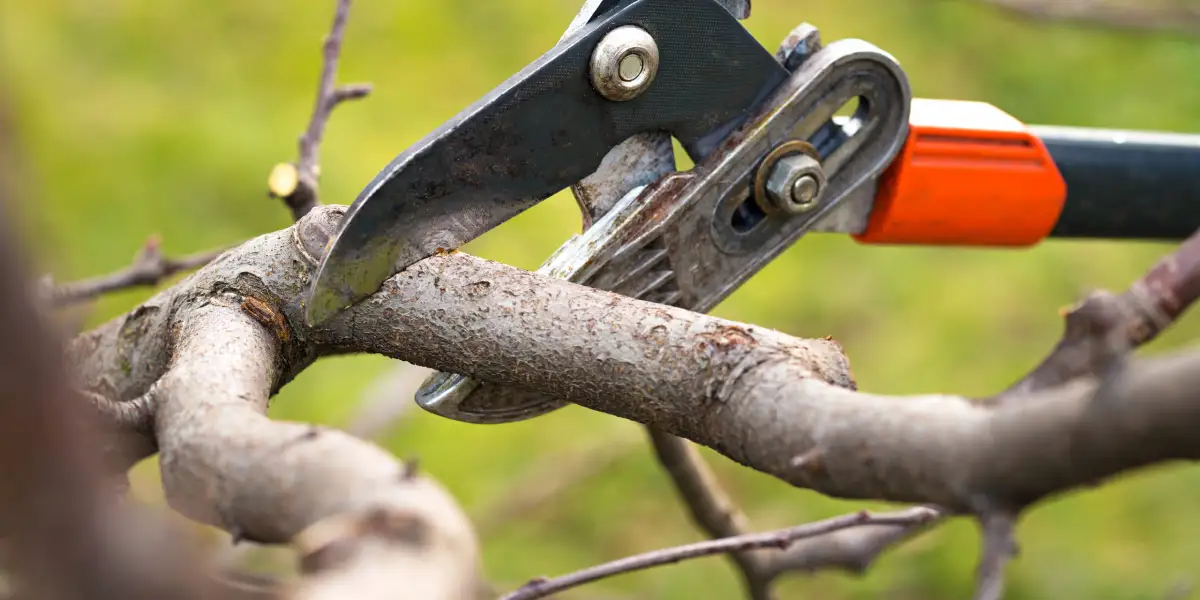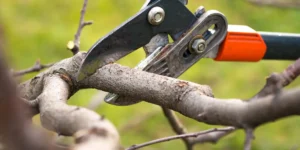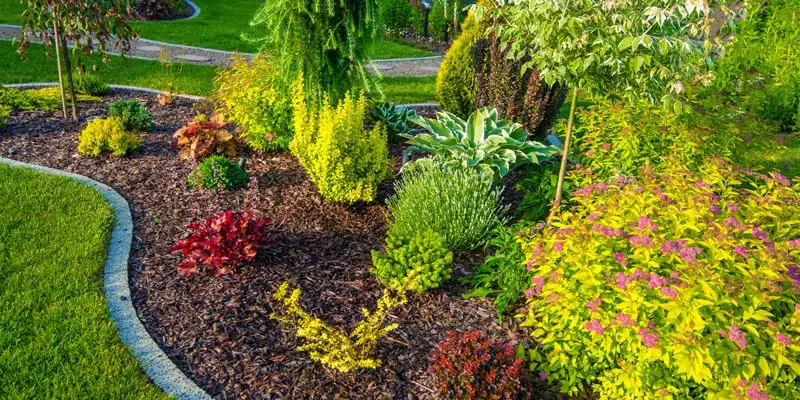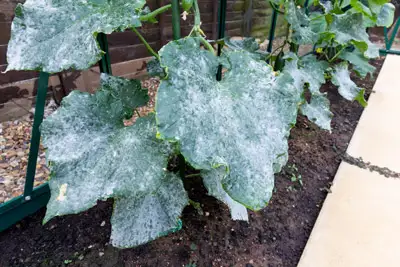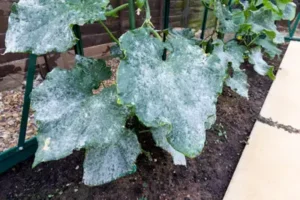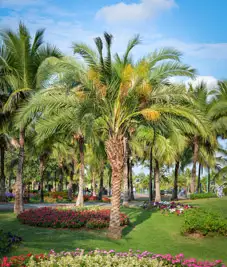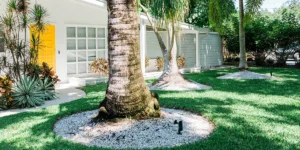
As summer slowly transitions into fall, lawn care is crucial to ensure a healthy and vibrant yard in Florida’s unique climate. Preparing your lawn for the fall season involves specific steps tailored to the state’s warm weather conditions. Many HOA and commercial properties have landscaping guidelines and regulations that residents or tenants must adhere to. Fall maintenance helps stay compliant with the HOA rules, preventing potential fines or conflicts. With the right care in fall through Grasshoppers, your lawn will continue to be a source of pride and enjoyment throughout the year.
The Importance of Fall Lawn Care
Florida lawn care in the fall is important, primarily because of the unique climatic conditions that this state experiences. The intense heat and humidity of Florida’s summers can damage your lawn. Fall lawn care allows your grass to recover from the stresses of summer and repair any damage. Fall is also the season when many weed seeds begin to germinate and is a period of active root growth for many types of grasses. A well-maintained lawn going into the winter season will recover more quickly and thrive when spring arrives.
Fall Lawn Care Tips
The following tips will help you prepare your lawn for the fall season:
- Allowing a Longer Lawn – Allowing your lawn to grow longer than usual in the fall provides added protection to the roots for the upcoming winter weather.
- Inspect Your Irrigation System – Making sure your sprinkler system is operating correctly is crucial to the health of your lawn during the fall.
- Add Additional Grass Seed – Introducing new grass seed helps address areas of your lawn that have become thin, bare, or damaged due to heavy foot traffic, pests, or summer stress.
- Watering Less Frequently – Continue to water your lawn during the fall, although with reduced frequency. Irrigating once every one to two weeks is usually sufficient. A rain gauge can be used to verify if your lawn is getting enough water, which is around an inch per week.
- Preventing Hazards – Overgrown grass and fallen leaves can create hazards. Ensuring the safety of yourself and others is of the utmost importance.
Grasshoppers – Professional Lawn and Landscaping Care
Mastering lawn maintenance yourself can be time consuming and complicated. Grasshoppers, an established lawn maintenance company for over 19 years, has experience in all areas of lawn care, landscaping, and irrigation to support you and your business. We offer a premier, superior service that is designed to take care of every aspect of a property. Grasshoppers specializes in large commercial properties, HOA, and Property Management contracts. Grasshoppers goes above and beyond other lawn and landscaping companies. With this communication comes service that is geared directly to your specific needs. To experience our five-star lawn care services, contact the lawn care professionals at Grasshoppers today!

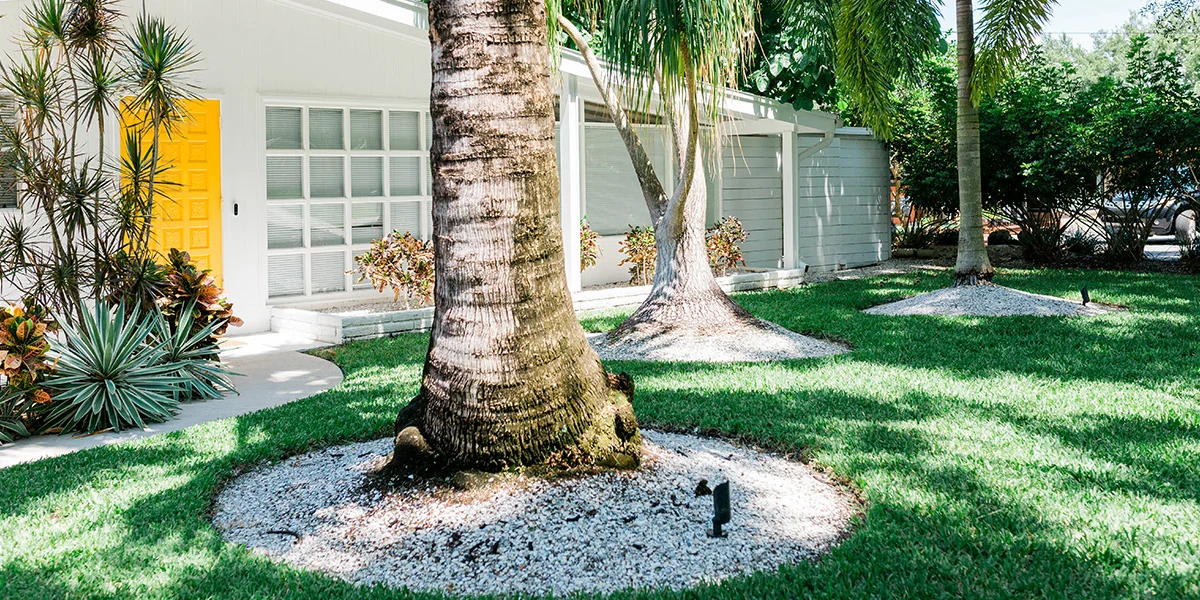
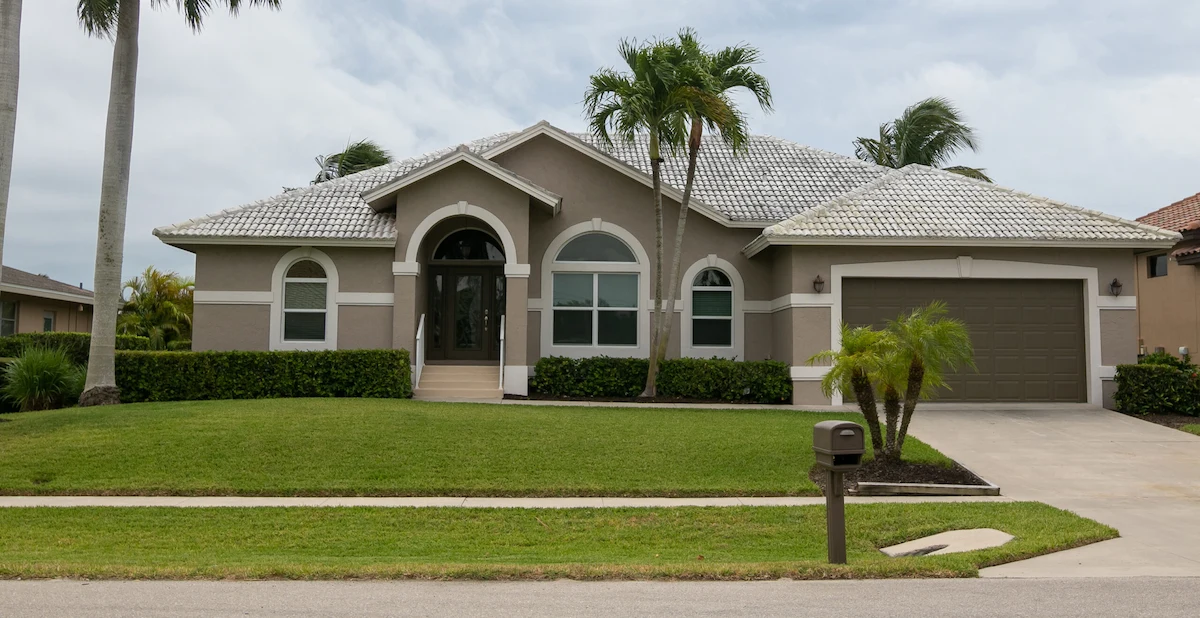
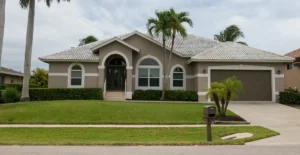
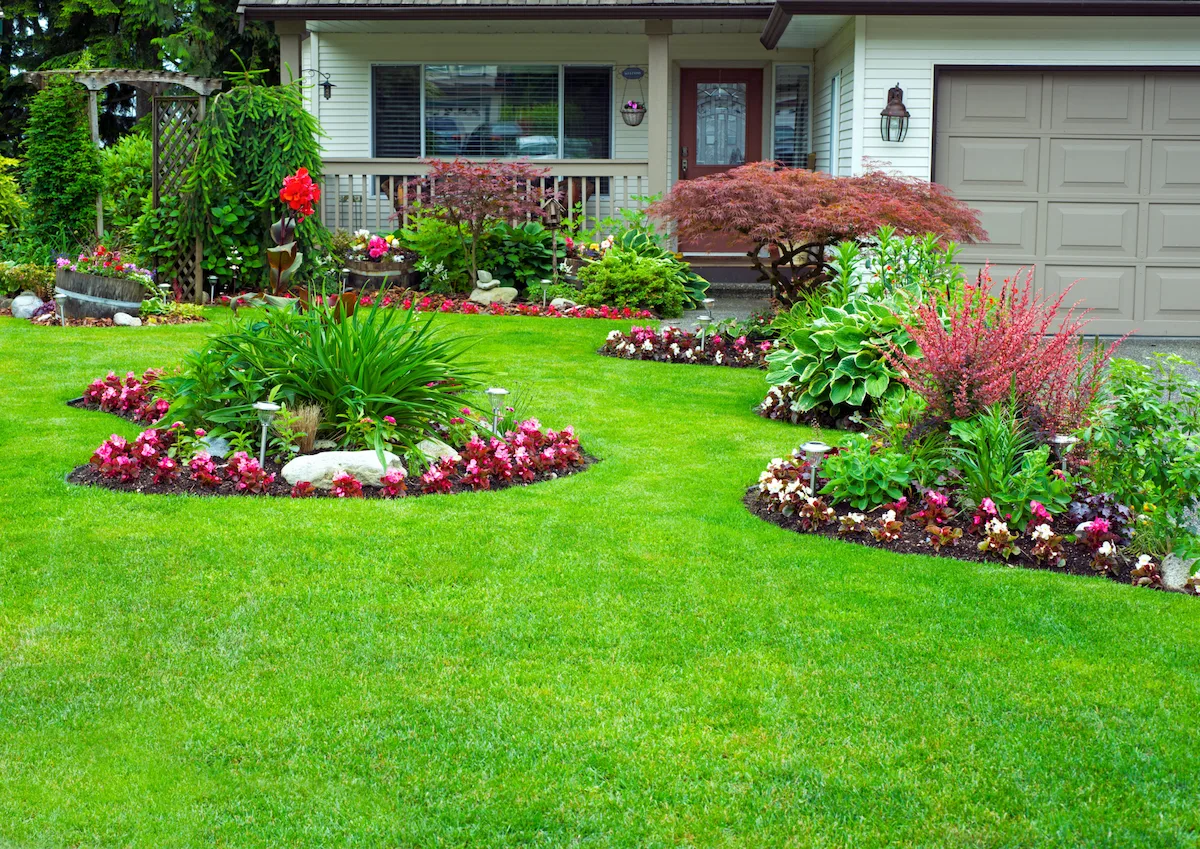
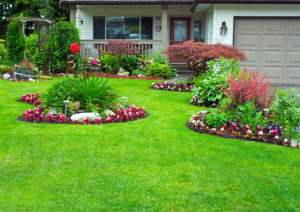
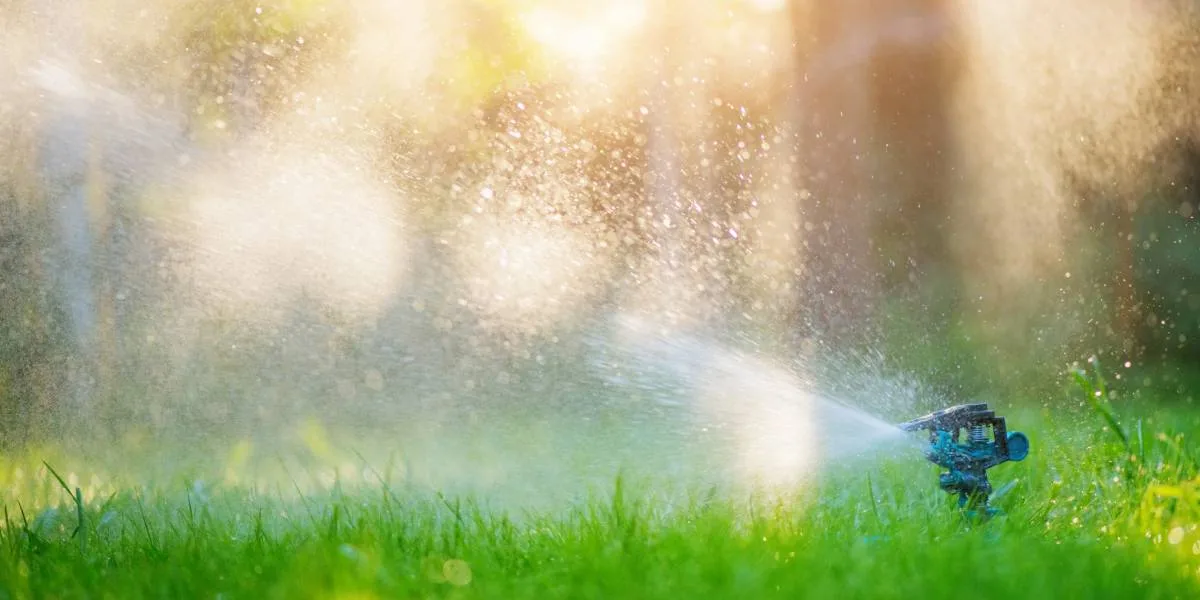
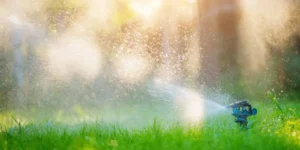
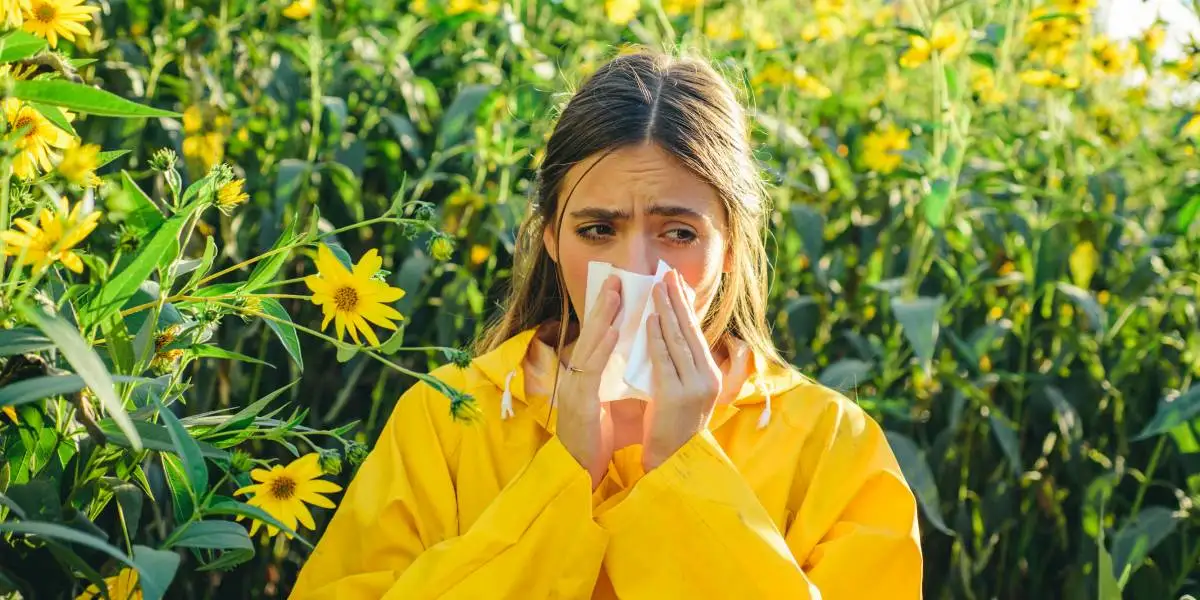
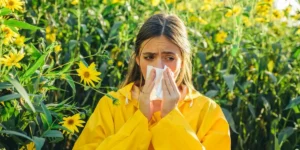 Itchy eyes, sneezing, and congestion can quickly turn a day in the yard into a miserable venture. Gardening when you have allergies can be a real challenge, particularly here in the sunny state of Florida. Fortunately, however, there may be some solutions! By following a few simple steps, you can enjoy time in your garden without worrying about an uncomfortable reaction. Here are our tips for gardening in Florida when you have allergies:
Itchy eyes, sneezing, and congestion can quickly turn a day in the yard into a miserable venture. Gardening when you have allergies can be a real challenge, particularly here in the sunny state of Florida. Fortunately, however, there may be some solutions! By following a few simple steps, you can enjoy time in your garden without worrying about an uncomfortable reaction. Here are our tips for gardening in Florida when you have allergies: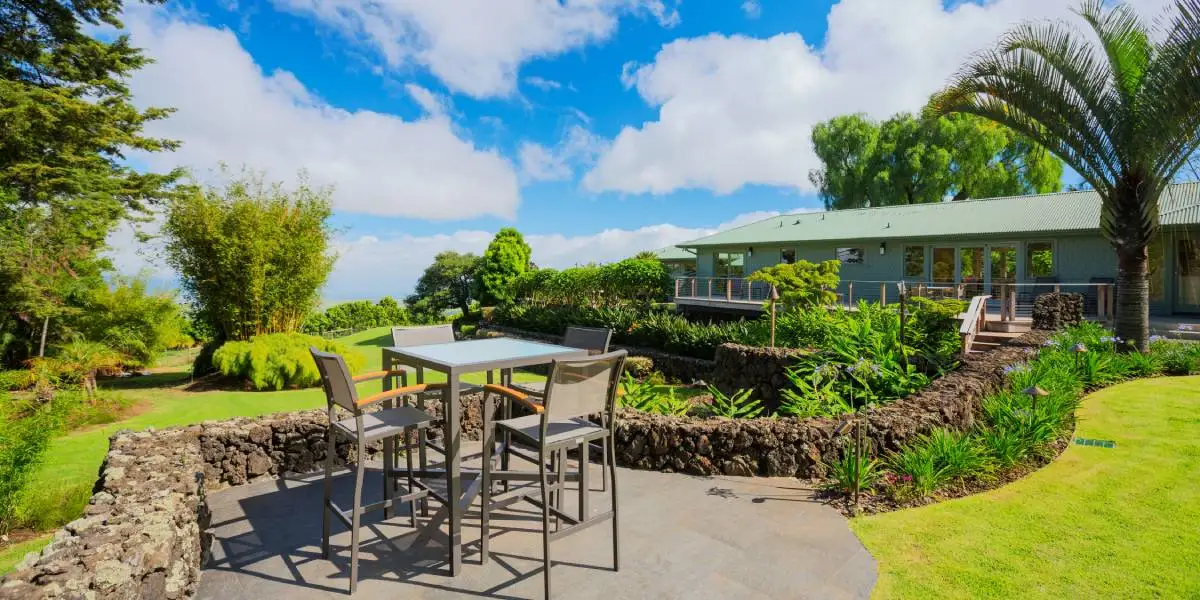
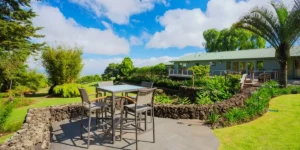 Winter Tips For Your Florida Landscape
Winter Tips For Your Florida Landscape